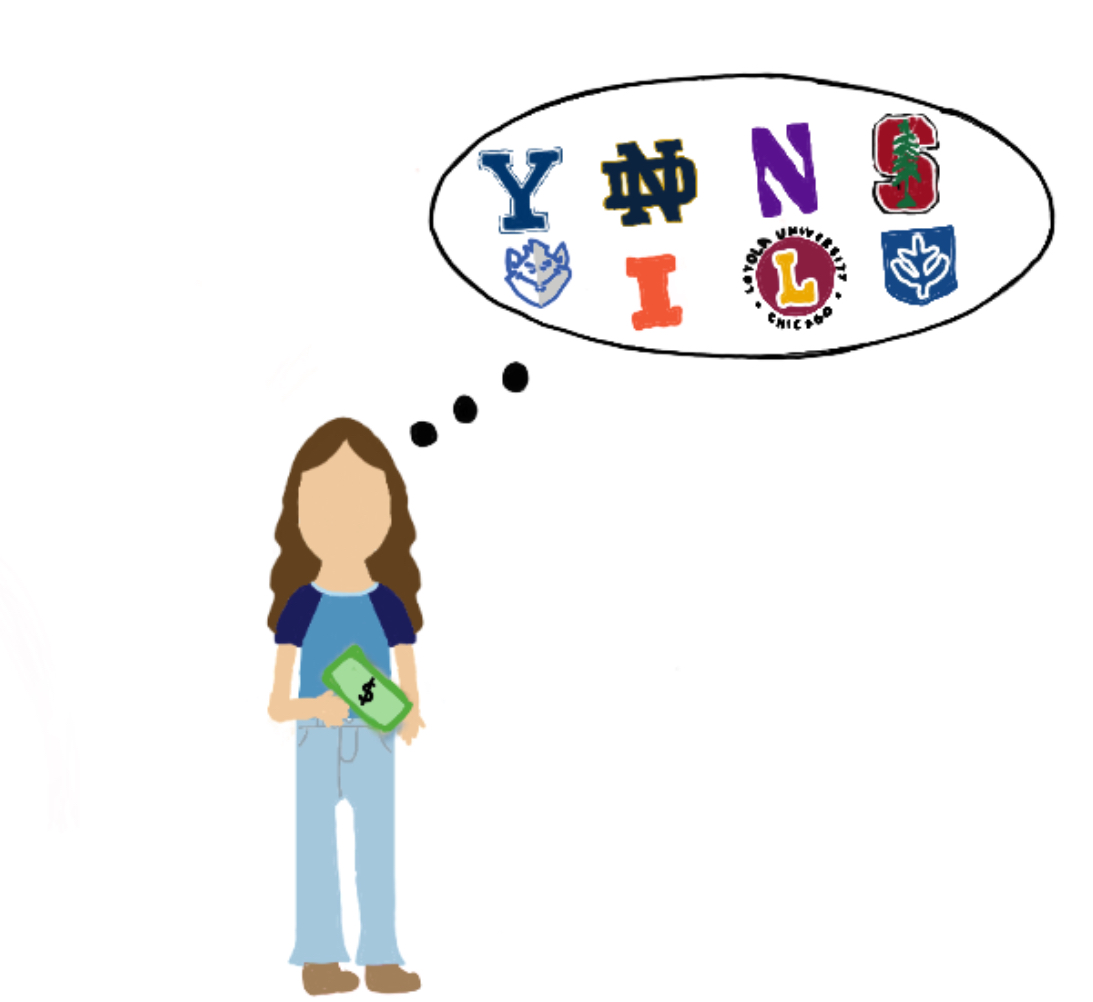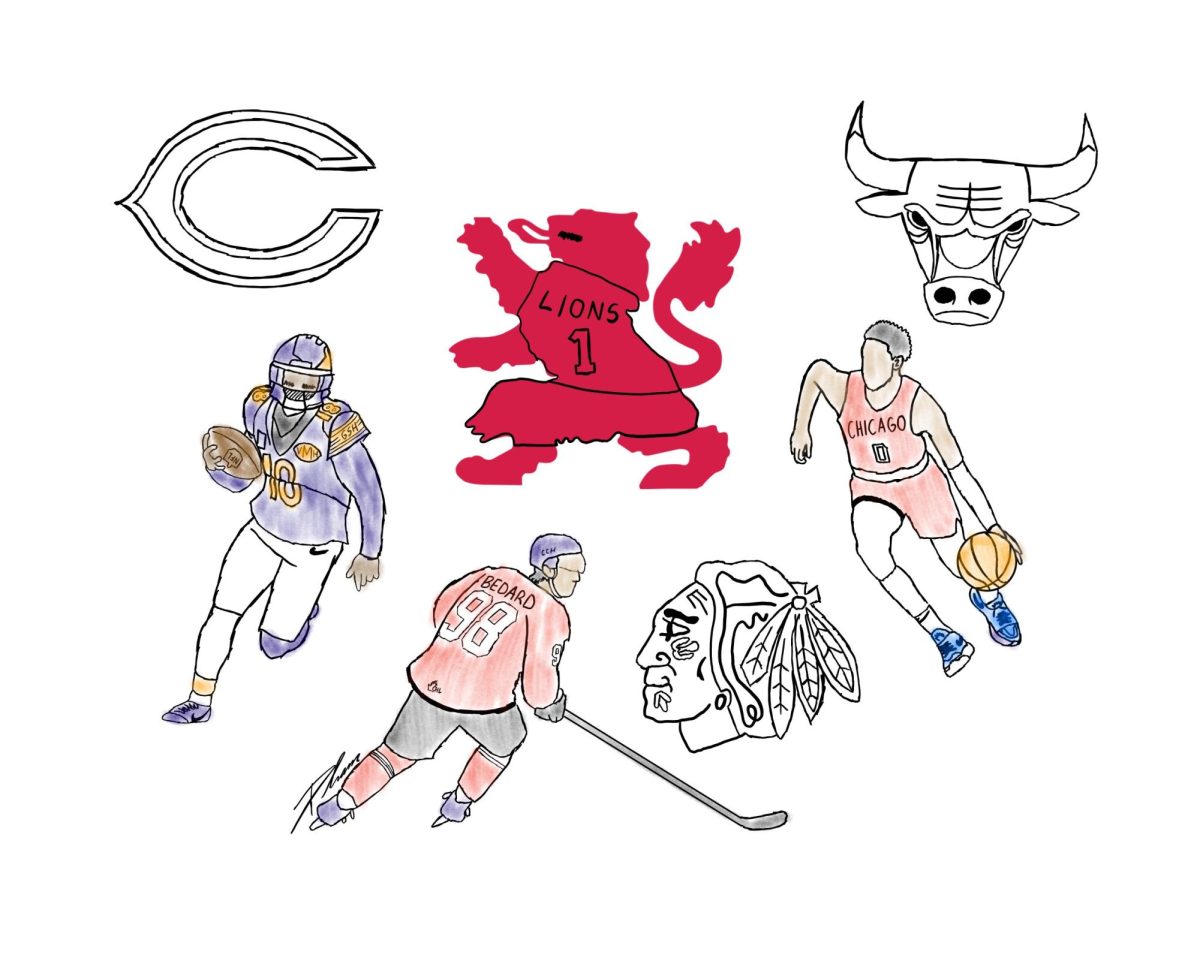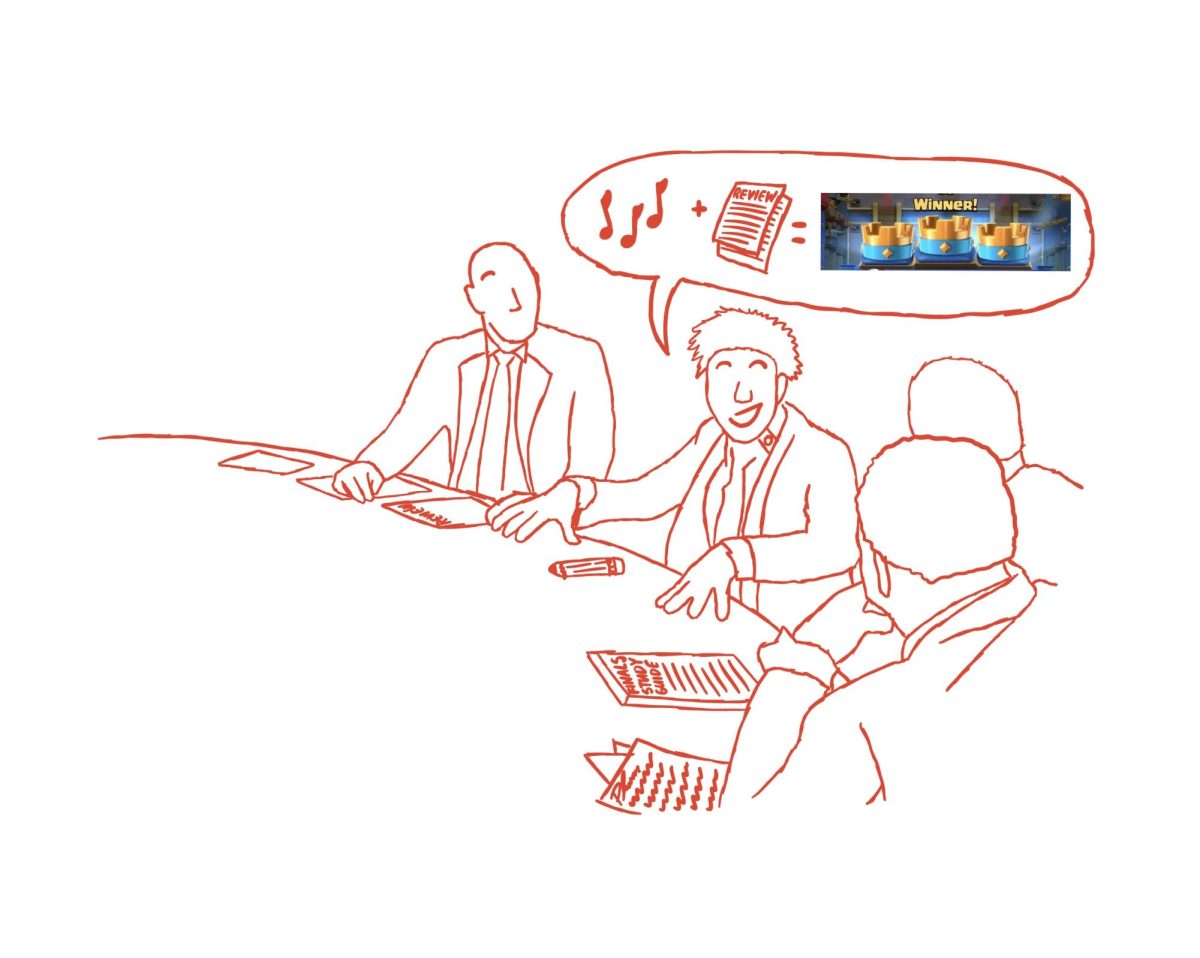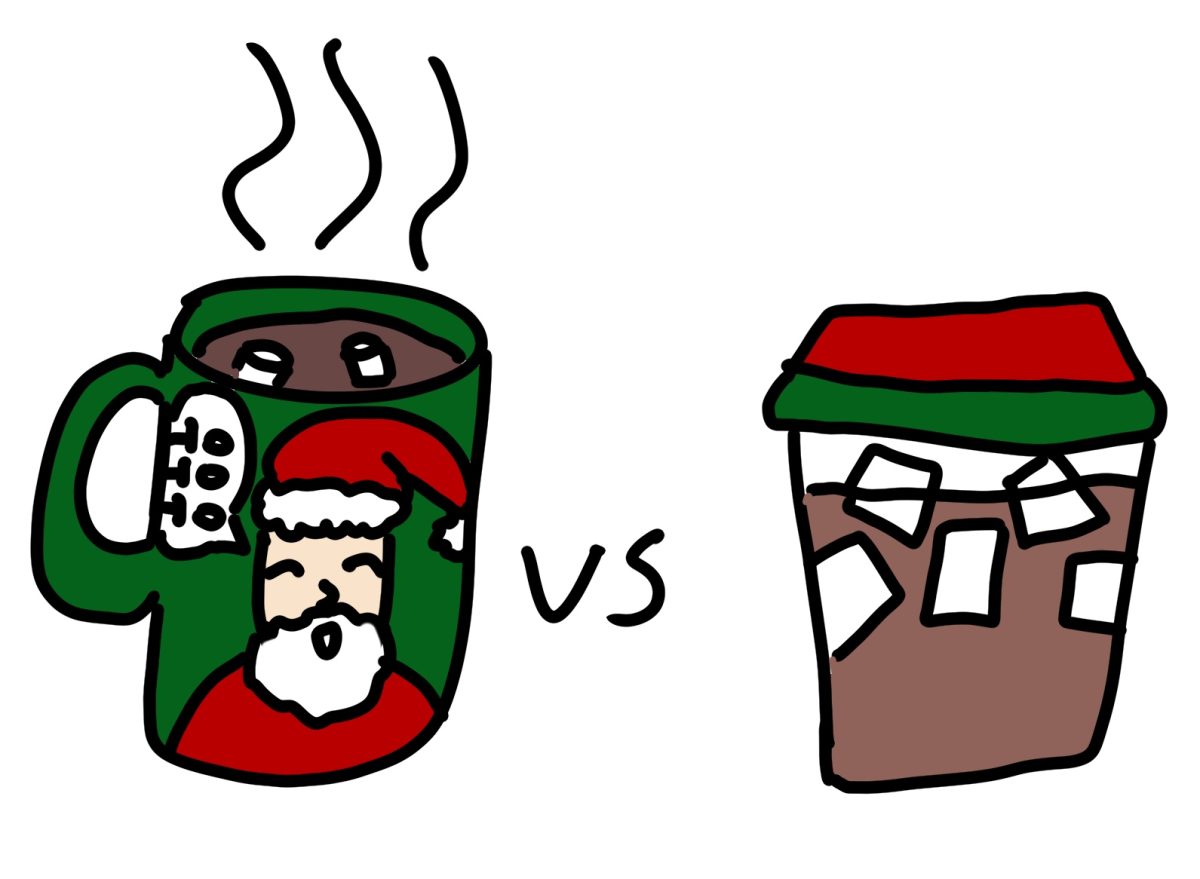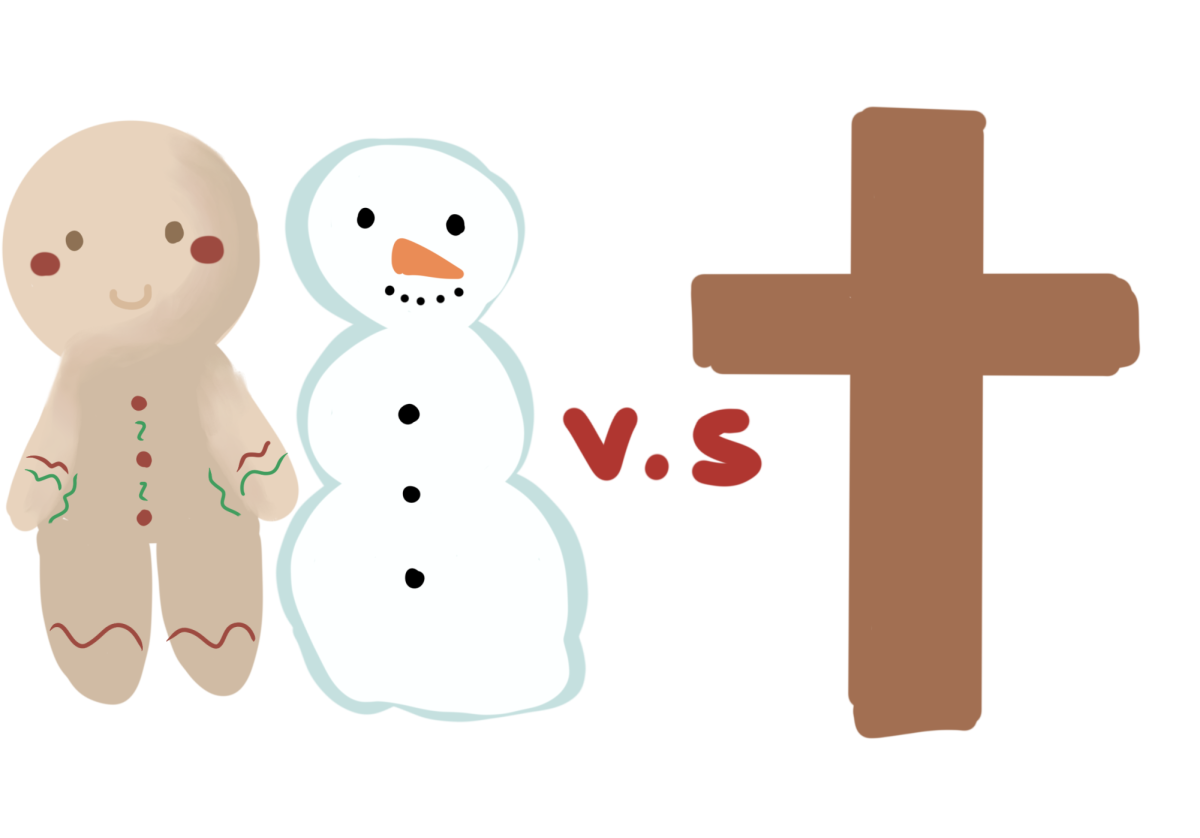Applying to colleges is a stressful, time-consuming, and expensive process. The Common App has lightened seniors’ loads a bit by making it easier to apply to multiple places through essays and lists of questions that apply to nearly every college. However, one thing holding many students back from applying to a boatload of schools is the application fee.
The U.S. News’ annual survey reveals that among its nearly 900 ranked colleges, the average application fee is about $45, but 86 of them cost between $75 and $100. These colleges are mainly research-focused, competitive institutions where students, even after paying, have a low chance of acceptance. Because of the schools’ competitiveness and the simplicity of sending up to 20 applications through Common App, students feel safer applying to many schools. This safety net of endless applications has a large price tag.
Tulane University in New Orleans, Louisiana, dropped its $45 fee for a wide array of compelling reasons. All Louisiana applicants received a fee waiver and nearly every applicant who requested one was approved, leading to only half of applicants paying the fee. Tulane’s admissions director Faye Tydlaska claims that the fee “was such a hindrance to students” and sees no plausible cause to it. The lack of fee encourages students to apply to schools such as Tulane, even if it is a reach, as students don’t have much to lose by sending in their application. Since 2013, Tulane’s acceptance rate has dropped from about 27% to 11%. There are many factors that contribute to this significant drop, but it likely is caused by an increase in applications because of the lack of application fee- especially from students who aren’t even qualified for acceptance into Tulane.
“I think college application fees bar people with less income from opportunities for higher education,” says senior Bridget Martin.
Students with financial struggles are hindered from applying to schools with application fees, leaving them with a small array of selections. This leads to the most selective and prestigious schools having more of an elite, upper-class profile and furthering the disadvantages of low-income students. Schools that continue implementing the application fee disregard the varying financial abilities of students with their target academic profile.
“There are free waivers, but you have to know to ask, and the first message they communicate to the student is ‘prove you’re poor.’ That’s not a great first impression,” says Matt Reed on Inside Higher Ed.
It’s not an ideal introduction to college life when students have to prove that they cannot afford application fees. Students from less fortunate backgrounds may not have access to or awareness how to apply for these waivers and many of their parents are unable to help them due to lack of English proficiency. This leads to further academic barriers for first-generation students stemming from finances. Without application fees, colleges would see a pool of more diverse, first-generation applicants, which is what many ironically claim to strive to achieve.
The excessiveness of application fees trouble students from any background, not only those from low-income families. After working on college applications for months, typing in the credit card number to Common App can be exhausting, especially for those students whose parents do not take on the cost for them. An abundance of application fees should not be students’ first college experience.
College applications have excessive price tags
Donate to Viator Voice
$50
$500
Contributed
Our Goal
Your donation will support the student journalists of Saint Viator High School. Your contribution will allow us to purchase equipment and cover our annual website hosting costs.
More to Discover



